Moving to Las Vegas? A No-Nonsense Guide to Renting vs Buying
Quick truth: should you move here?
If you're watching this, you've probably got at least one suitcase packed and a playlist ready. Las Vegas can be amazing — big skies, no state income tax, and neighborhoods that actually feel like neighborhoods. But it's not all neon and shows. You're probably wondering: rent or buy? What's the timeline? How much will it actually cost?
Rent vs buy — the short version
Renting is fast and flexible. Good if you want to try the city without committing. Buying costs more up front, but builds equity and locks in your monthly payment (usually). Here's what I see most:
- Renting: Move in quick, lower initial cash, more freedom to leave if plans change.
- Buying: Higher upfront (down payment, closing), but better long-term value if you plan to stay 3–5+ years.
Neighborhoods to consider
Your lifestyle decides the zip code. Want family-friendly with parks and good schools? Look at Summerlin or Henderson. Want a shorter commute to the Strip and more apartment-style living? Central Las Vegas or Spring Valley might fit. I always say: visit on different days — weekend vibe vs weekday vibe can be wildly different.
Practical steps if you’re serious about moving
Okay, you said “serious.” Good. Here’s a simple game plan I recommend:
- Get pre-approved for a mortgage if buying. It tells you what you can afford and makes offers stronger.
- Tour neighborhoods in person or virtually. Don’t judge from one visit.
- Factor in utilities, HOA fees, and commute when you budget. Those surprise you more than Vegas traffic.
- If renting first, set a timeline to reassess buying — markets change fast here.
Common surprises I see
Buyers underestimate cooling costs in summer, and renters underestimate HOA rules. Also, mortgage rates change — so timing matters. I’ve helped clients pivot when rates moved, and yes, it’s possible to come out ahead with the right strategy.
How I can help (no pressure, just options)
If you found this breakdown helpful at all, hit the like button. Help me out a little bit. Subscribe maybe for weekly updates. I do this every week. And if you're serious about making a move to Vegas from somewhere else, you're relocating or you're in a rental right now and you want to see what it's like to buy a home, I can help you with that too.
Final tip
Don't rush the decision. Move smart: research, visit, and plan. And if you want a local guide who’ll tell you what matters — not what sounds good on paper — reach out. I’ve seen this city through plenty of moves. You don’t have to figure it out alone.
Relocate to Las Vegas: Rent vs Buy FAQ — Neighborhoods, Costs & Timeline (2025)
Categories
- All Blogs (169)
- Anthem (1)
- Buyers (4)
- Downsizing (12)
- Expired Listings (1)
- Housing Market Trends (91)
- Informative (20)
- Luxury (1)
- MacDonald Highlands (1)
- Madeira Canyon (1)
- Mountains Edge (9)
- Probate (19)
- Queensridge (1)
- Relocation (2)
- Sellers (3)
- Summerlin (11)
- Sun City Summerlin (1)
- Thoughts on Home Tour (2)
Recent Posts
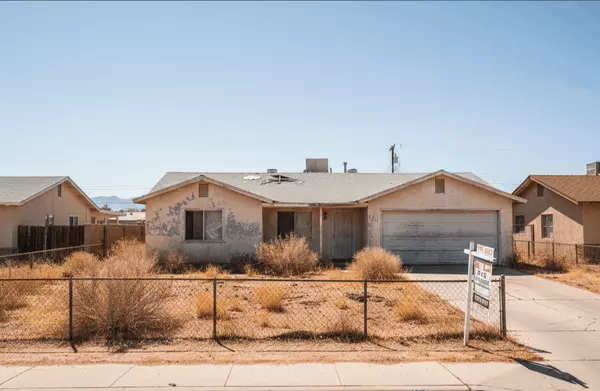
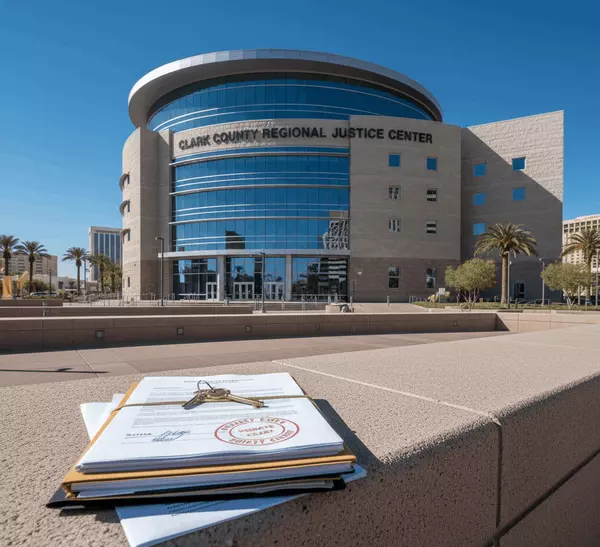


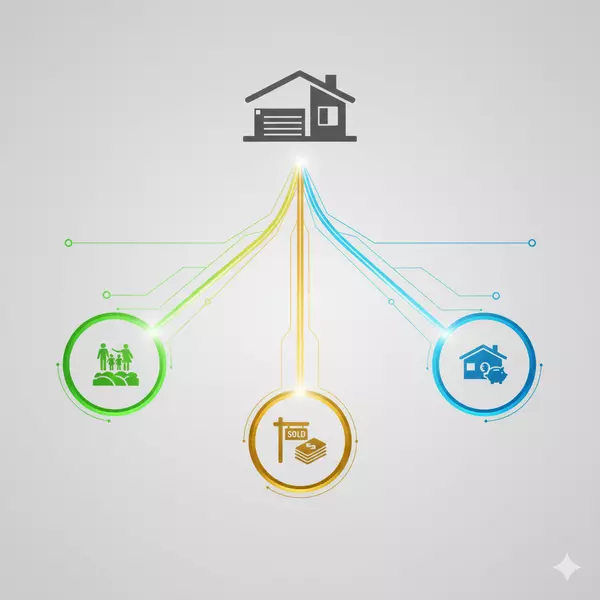

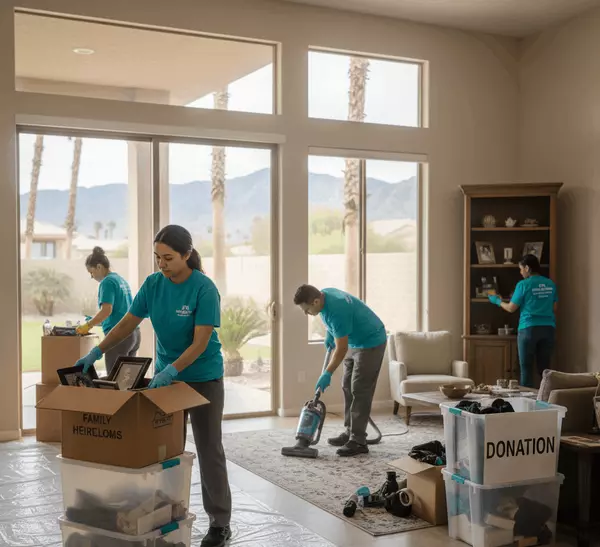
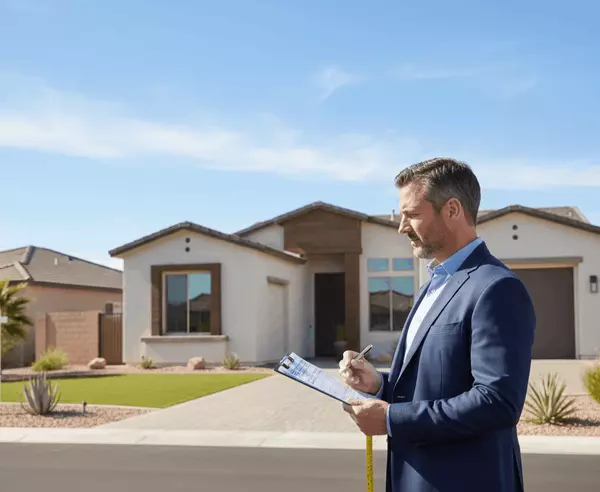
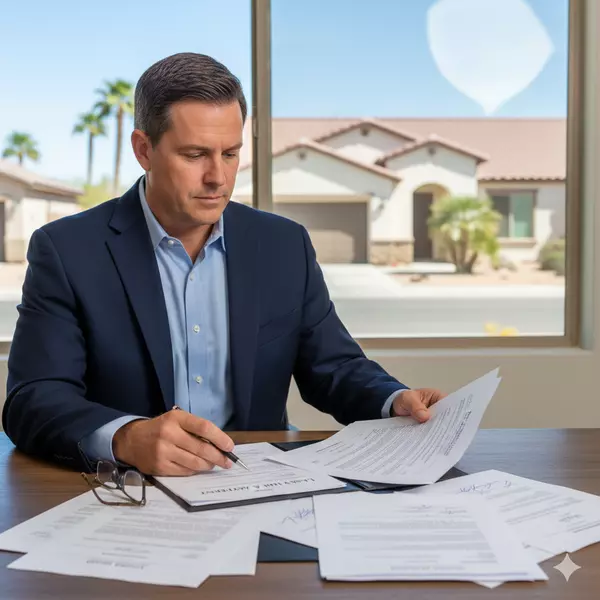

GET MORE INFORMATION

